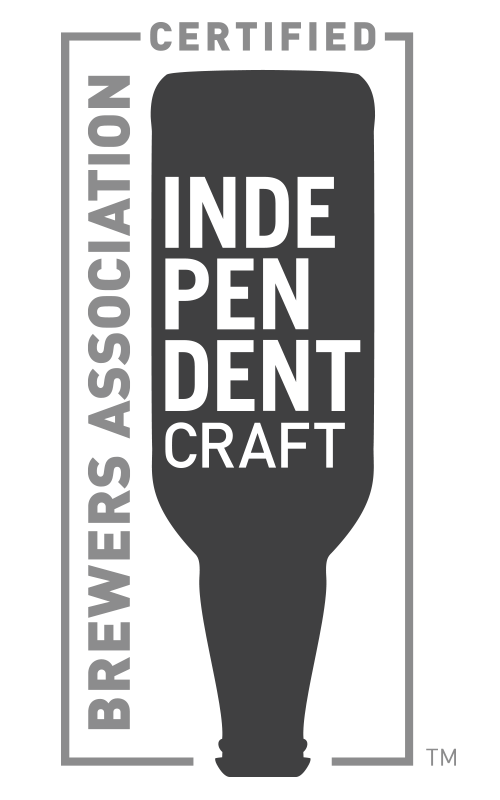- Joined
- Oct 18, 2007
- Messages
- 31,319
- Reaction score
- 19,849
- Location
- East Coast - USA
- Gender
- Undisclosed
- Political Leaning
- Centrist
https://www.pastemagazine.com/artic...s-association-just-debuted-an-independen.html
What makes me a little apprehensive is this:
So what's to stop an InBev purchased brewery from using that seal? Why couldn't Wicked Weed (recently purchased by InBev) put that on their packaging?
For now at least, you may wish to look for this on your beer purchases:

assuming you're looking for actual "craft beer".
In a move that speaks toward the craft beer industry’s mounting unease at the continued brewery acquisitions of Anheuser Busch-InBev and MillerCoors, the Denver-based Brewers Association, the craft beer industry’s trade group, today unveiled their creation of an “independent beer seal” to be used by craft breweries.
What makes me a little apprehensive is this:
The free-to-use seal will be available for optional adoption by breweries, whether or not they are members of the Brewers Association.
So what's to stop an InBev purchased brewery from using that seal? Why couldn't Wicked Weed (recently purchased by InBev) put that on their packaging?
For now at least, you may wish to look for this on your beer purchases:

assuming you're looking for actual "craft beer".
